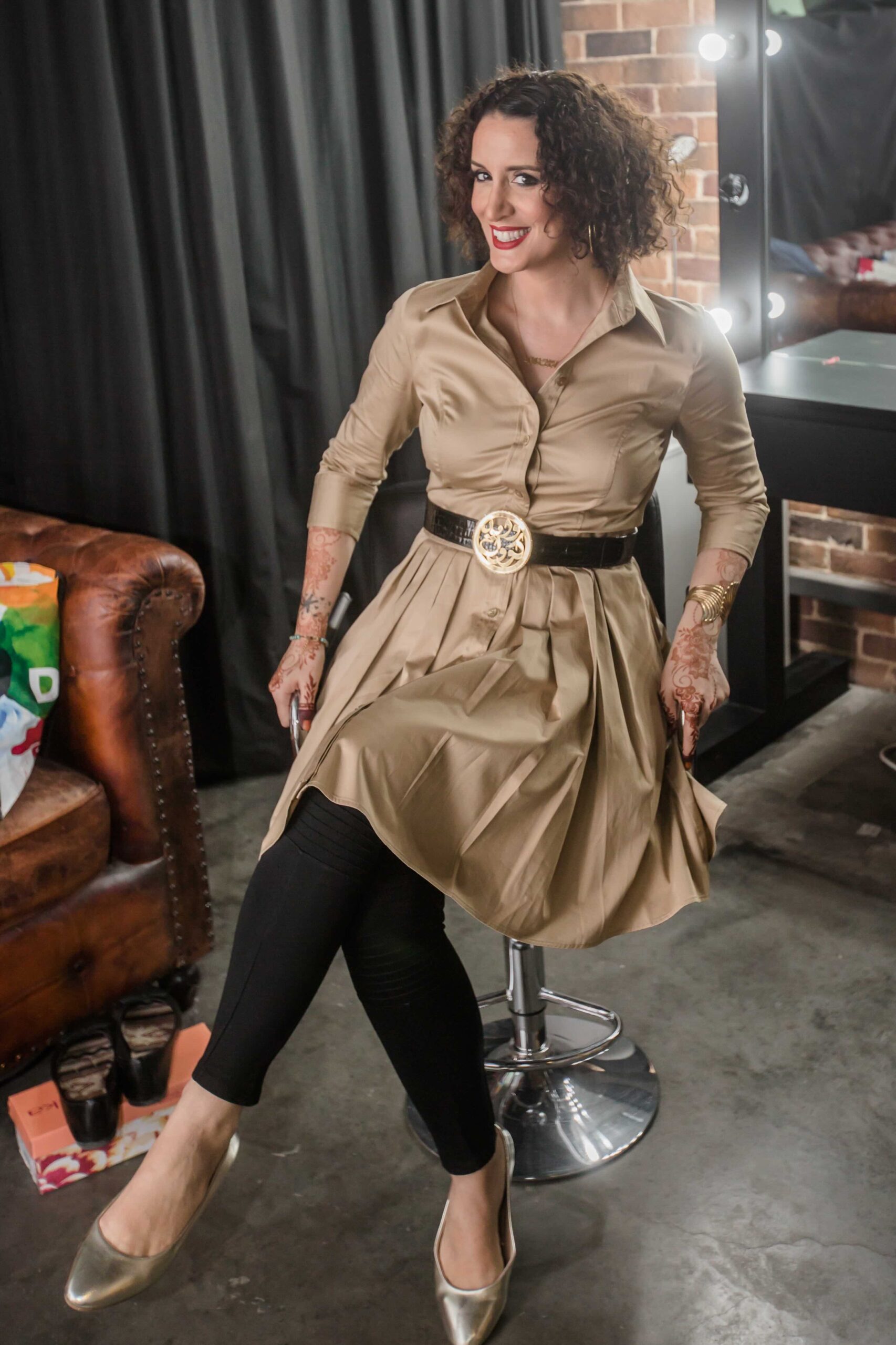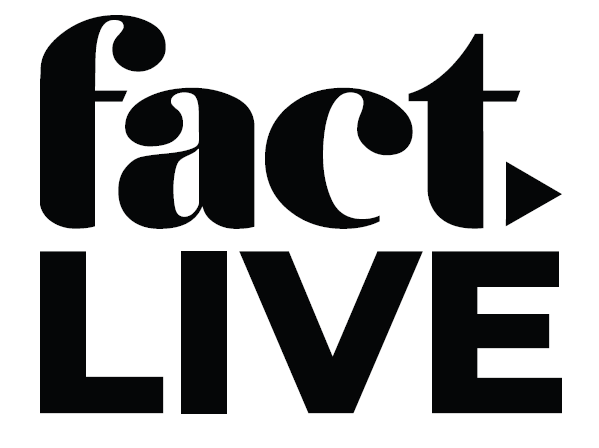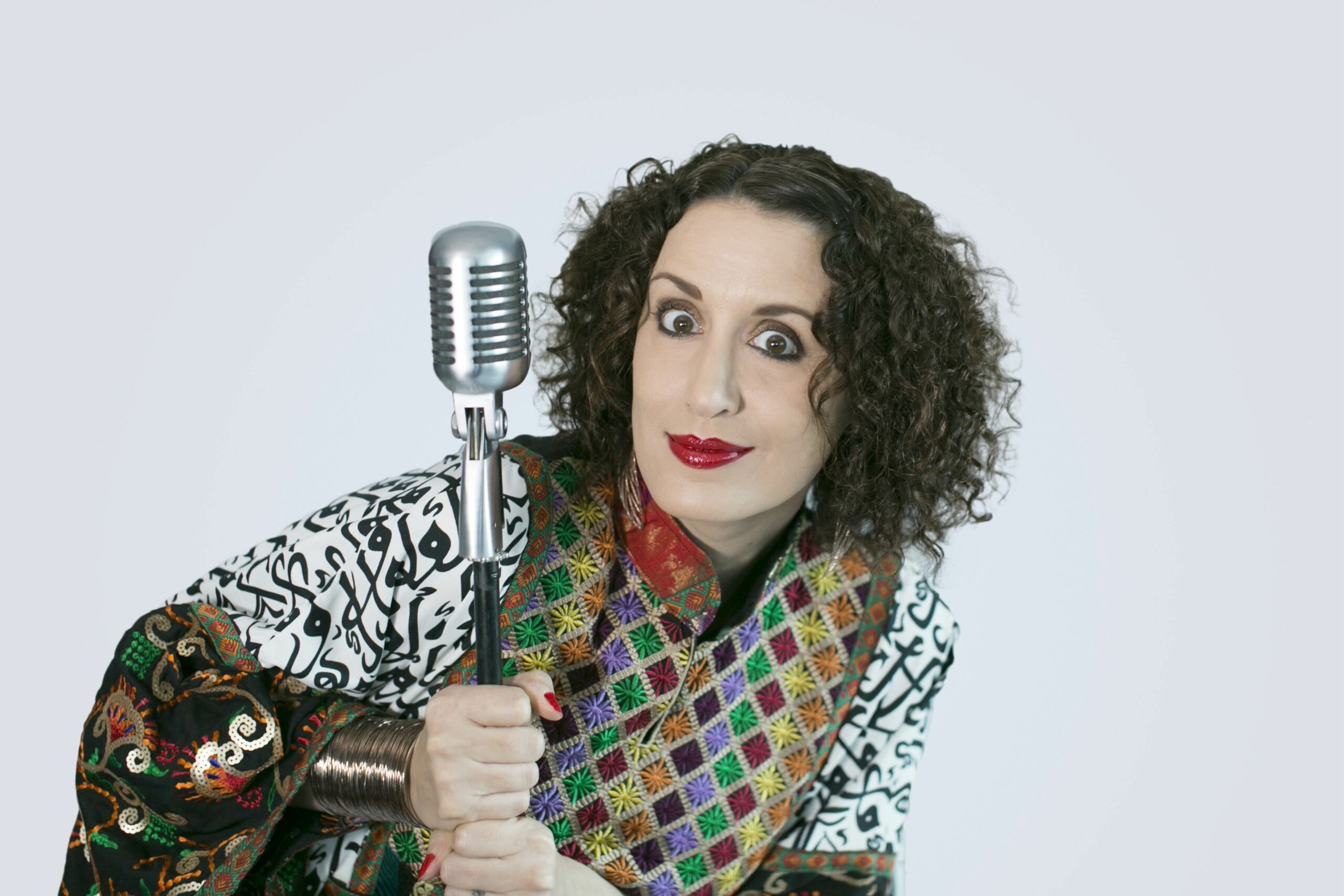From meeting Muhammad Ali to creating the region’s first all-female comedy show.
Mina Liccione has been breaking barriers in the UAE. Born in New York, United States, she first started performing on Broadway. She moved to Dubai in 2008, and has been dubbed the UAE’s First Lady of Comedy. She co-founded Dubomedy Arts, which was behind the first all-female comedy show in the region, Funny Girls and changed perceptions about performers in the country. She is currently working on a new series, Mina Learns Arabi. The aim is to help people from the West not be scared of the Arabic language. For International Women’s Day, she shares her thoughts on safety, stereotypes and sexism.
What was it like when you moved to Dubai?
In 2007, I was first booked to perform at Dubai’s Summer Arts Festival. At that time, there was no local comedy and comedians were being flown in to perform. I was encouraged by many during that trip to come back and start building a comedy scene. So, I took the leap of faith to start a comedy school to teach stand-up, improvisation and sketch writing.
What is the biggest misconception about being a woman in the Middle East?
When a lot of Americans hear “Middle East”, they associate it with danger, terrorism, war and riding camels to work. Yes, I’ve been asked if I ride camels to gigs on more than one occasion. I mean, that’s absurd. How could I flash the slow driver in the fast lane without any headlights on a camel?

What’s the best thing about being a woman in the Middle East?
Safety. Opportunity. Diversity. When I first moved to Dubai, I was shocked by the safety. I saw people park their cars, leave them running, go into a store, come back and the car was still there. In New York, you don’t even have to leave your car for it to get stolen. I feel the most safe in the UAE, and that’s a beautiful thing for me as a woman and more so as a mother.
What are the stereotypes about women in comedy?
That women aren’t funny or are only funny to other women. I can’t even tell you how many times I’ve been told “you’re funny for a girl” – by men and women. Many people also associate doing stand-up with drinking, partying and being vulgar, especially if you’re an American. When they see me sipping tea before and after a show, and getting a standing ovation without being vulgar or going for cheap laughs, the stereotypes fade.
Share a barrier you faced in the industry.
When I was 19 years old, I was in an accident. I broke my ribs on my right side, had a collapsed lung, internal bleeding, whiplash and blurred vision. At the time, I was awarded a scholarship at Manhattan Arts College. All I cared about was healing, so I could chase my Broadway dreams. A doctor told me to find a new dream, and that I’d never dance again. My dad was a boxing promoter and I received flowers that read: “Love, Muhammad Ali.” I was released from the hospital, my dad picked me up in a limousine and sitting in the back was Muhammad Ali. He told me I looked like a movie star. My dad told him I wanted to be on Broadway. Muhammad looked me dead in the eyes and said, “she will” – and I did.
What changes would you like to see in the comedy industry?
Being asked by big-budgeted companies to perform for free. I asked my landlord if he’d accept “exposure checks,” but he declined. The industry is moving fast in terms of content creation. On social media, the demand for views means we have to create content at a much faster rate. I strongly believe in quality over quantity, so finding a balance between the two.
Tell us about women you admire.
My mum. She was front row at every dance recital, dress rehearsal, photo shoot and audition. She wasn’t a stage mom, but my biggest fan. I am forever grateful that she not only saw my natural talent, but encouraged me to follow my passion of performing.
In terms of artists, American actress Lucille Ball has been a massive inspiration. I remember watching I Love Lucy as a little girl and attempting to re-enact all of the slapstick scenes. She was the first woman I saw on TV that made the world laugh with her physical comedy.
What advice do you have for women?
Listen to your gut and follow your instincts. While you may struggle to get support in the beginning, don’t give up. Don’t be afraid to say no and set boundaries for yourself. When those lines are crossed, speak up, not just for yourself but for the other women around you who may not have the courage to do so. Your self-worth and inner peace are priceless.
GO: Visit www.dubomedy.com for more information.


